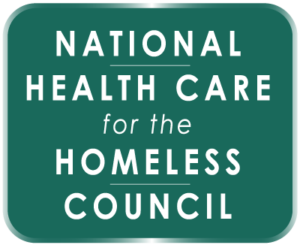Caitlin Synovec is NIMRC’s Medical Respite Program Manager.
As medical respite/recuperative care has grown, the available research and publications on medical respite/recuperative care have also increased. Previously, the most recent synopses of the evidence supporting medical respite/recuperative care were completed in 2009 by the National Health Care for the Homeless Council and in a systematic review by Kelly Doran et al. in 2013. In order to provide evidence-based and evidence-informed resources to medical respite/recuperative care programs, the National Institute for Medical Respite Care (NIMRC) completed a literature review on medical respite/recuperative care.
Medical Respite Literature Review: An Update on the Evidence for Medical Respite Care provides a comprehensive review of medical respite/recuperative care research and publications from 2010-2020. This review included 45 unique publications which covered a variety of outcomes and themes regarding medical respite/recuperative care. Although a large part of the research continues to focus on the cost-effectiveness of medical respite/recuperative care, it has also expanded to look more closely at additional outcomes, such as connection to community care and services, consumers’ experiences and perspectives, and interventions specific to medical respite/recuperative care. This document also provides a description of medical respite/recuperative care programs published in the literature and medical profiles of those engaged in medical respite/recuperative care. These findings continue to support the need for and impact of medical respite/recuperative care across communities.
The Medical Respite Literature Review: An Update on the Evidence for Medical Respite Care concludes with recommendations for both existing and developing medical respite/recuperative care programs to provide evidence-informed and high-quality care, as well as a call for continued and additional research. This document adds to the NIMRC resources to guide medical respite/ recuperative care and increase access to this critical service for communities across the country.

